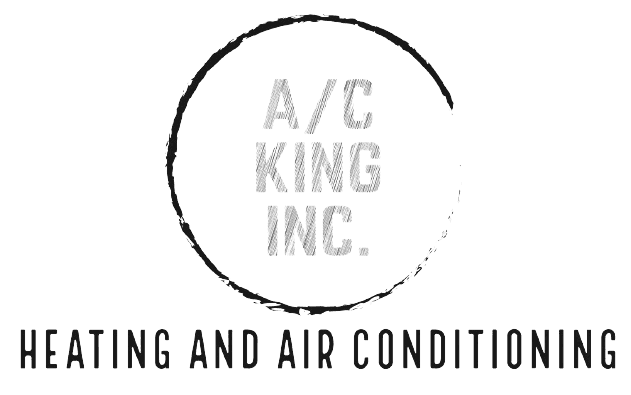Even in California, where winter temperatures are milder than in other parts of the country, a reliable heating system is essential for those chilly nights. Your furnace might not get as much use as it would in colder regions, but that doesn’t mean it can go without regular maintenance. Neglecting your furnace can lead to unexpected breakdowns and costly repairs, so it’s smart to stay alert to signs that it might need a tune-up. Here are some key indicators that your furnace could use a little professional attention.
1. Unusual Noises
Furnaces generally operate with a quiet hum, so if you start hearing unusual noises like rattling, banging, or squealing, something may be amiss. These sounds can indicate a range of issues, from loose or damaged components to airflow problems. Ignoring these noises might lead to more serious and costly repairs, so it’s best to have them checked sooner rather than later.
2. Weak or Inconsistent Airflow
If your furnace is running but doesn’t seem to be blowing enough warm air, or if some rooms are colder than others, it may signal an issue. Weak airflow could be due to a dirty filter, an issue with the blower fan, or ductwork problems. Reduced airflow not only affects comfort but also makes your system work harder, which can lead to premature wear and tear.
3. Higher Energy Bills
When a furnace isn’t running efficiently, it tends to use more energy. If you’ve noticed an unexplained spike in your energy bills, it might be because your furnace is overworking to maintain your preferred temperature. Regular furnace maintenance helps keep your system running efficiently, which can save you money on energy costs in the long run.
4. Frequent Cycling
If your furnace turns on and off more frequently than usual (known as short cycling), this could be a sign of an underlying problem. Short cycling can result from thermostat issues, airflow restrictions, or an oversized or undersized furnace. Continuous cycling wastes energy and places extra strain on your furnace, so it’s essential to have this checked by a professional.
5. The Pilot Light or Flame Color Has Changed
The pilot light or flame on a gas furnace should be a steady blue. If it’s yellow or flickering, this could indicate a problem with combustion or even a potential safety issue, like carbon monoxide production. A yellow flame often suggests that fuel isn’t burning efficiently, which could mean a maintenance check is in order.
6. Odd Smells
It’s not uncommon for a furnace to emit a mild burning smell the first time it’s used in a season. However, if this smell persists, or if you notice a musty, moldy, or even rotten egg smell, it’s time to call a professional. Lingering odors can indicate issues like mold growth, a gas leak, or problems within the ductwork.
Quick Checklist: Signs Your Furnace Needs Maintenance
- Unusual noises: Rattling, banging, or squealing sounds.
- Weak airflow: Low air pressure from vents or uneven temperatures.
- High energy bills: Unexpected increase in heating costs.
- Frequent cycling: Furnace turns on and off frequently.
- Yellow pilot light: Flame color isn’t a steady blue.
- Persistent odors: Unusual smells coming from the furnace.
Schedule Your Furnace Maintenance with A/C King Inc.
If you’re experiencing any of these signs, it’s time to reach out to A/C King Inc.. Our team of certified technicians is here to ensure your furnace runs smoothly and efficiently, keeping you comfortable without breaking the bank. Don’t wait for a small issue to become a major repair. Call us today at (909) 324-3872 for professional furnace maintenance!

